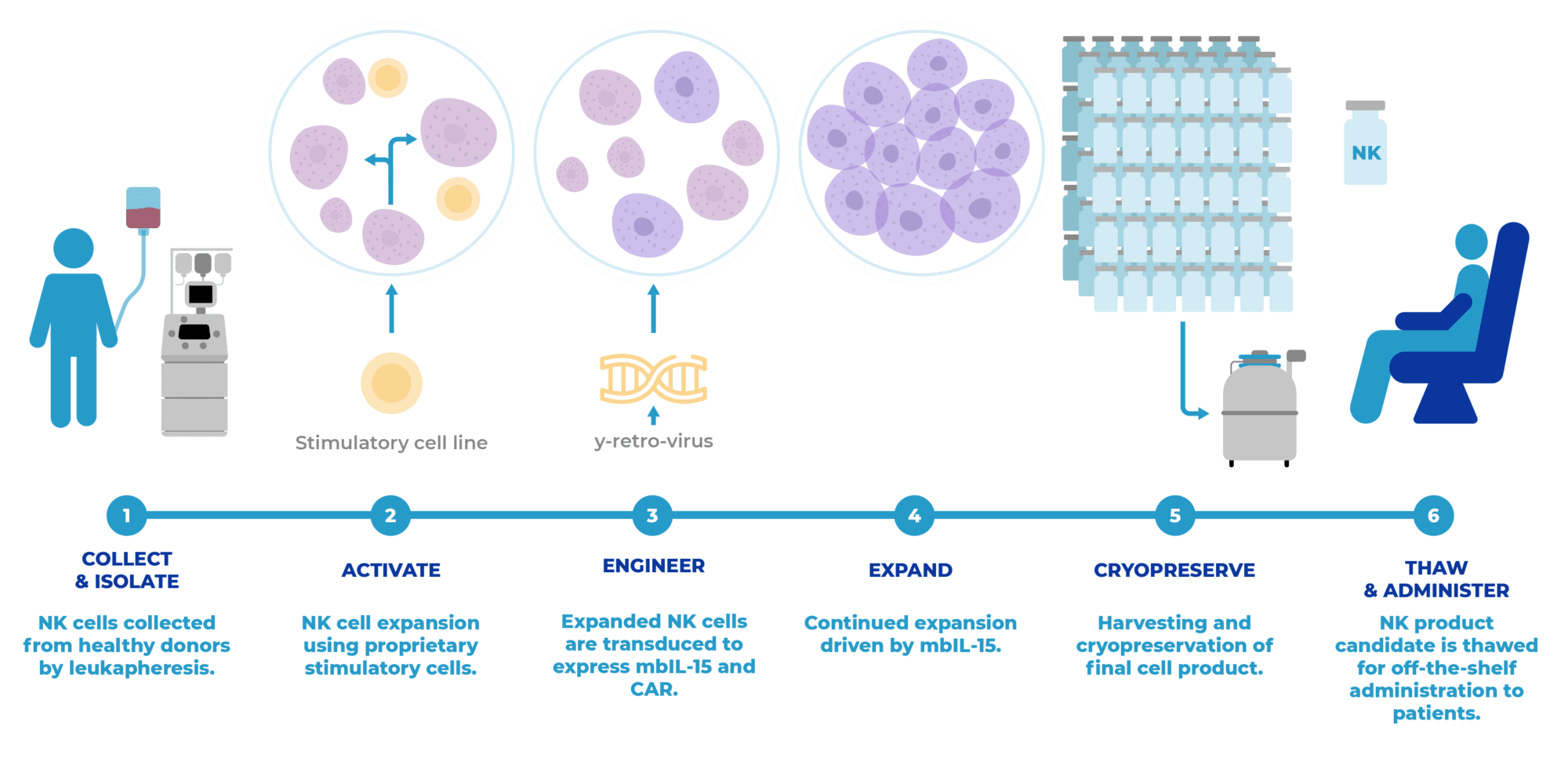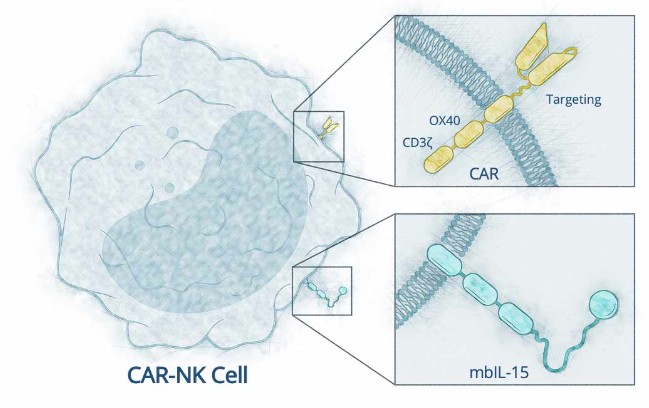Over the course of modern history, chemotherapy and cytotoxic pharmaceuticals have dominated most cancer treatments. Despite the fact that these traditional methods of treating cancer are successful in killing cancer cells, they also destroy many of the body’s healthy cells and neurotransmitters, causing serious side effects. A functional medical approach has always been a single goal of scientists in the fight against cancer: to kill only cancer cells and reverse systemic autoimmune disease, through methods and protocols such as NK cells therapy and NK cell immunotherapy.

Learn what Natural Killer Cells can do for you

This FREE guide reveals how to Boost the Regenerative Potential of your Immune System
Download Now
Getting NK Cells Treatment
Natural killer cells or NK are the body’s first line of defense viruses and cancerous cells in the body, and are innately capable of finding and destroying transformed cells. Recent advances in gene therapies, mRNA technology, regenerative medicine, and non-toxic radiology have helped us get much further than ever before. Currently, our therapeutic goals are primarily to strengthen your body’s ability to fight disease and cancer by strengthening its own natural defense mechanisms, and this is the main focus of our NK cells treatment in our clinic in Mexico.
Due to its repair and regeneration capacity, NK cells, or natural killer cells are always being used by the human immune system to prevent cancer. Cancerous cells, precancerous cells, and viruses can and do be destroyed by our immune system while recognizing healthy cells and not harming them. With this new targeted therapy (autologous NK cellular immunotherapy), the patient’s immune system fights and destroys cells and organisms that are harmful to the body.
NK cells are a type of white blood cell known as a lymphocyte. Humans are born with these lymphocytes as part of their congenital immune system. Activated lymphocyte therapy works by directly attacking and killing cancer cells by infusing autologous Enriched NK cells from the patient’s immune system.
Killer cells are responsible for our bodies’ ability to reject “foreign mutant cells” such as tumors and virally infected cells. There are two types of natural killer cells: cytotoxic T cells and natural killer T cells. These tiny granules within its cytoplasm contain very specific proteins (proteases & perforins) called granzymes. Natural T Killer cells produce a wide variety of cytokines, such as:
- Interleukin (IL-10)
- Tumor necrosis factor α TNFα
- IFNγ
If you are looking for an effective nk cell immunotherapy to enhance your body’s own ability to repair, discover the treatments we offer at our Cellular Hope clinic in Cancun, Mexico.
We help you Enhance your own body’s ability to fight, repair and restore through Advanced Regenerative Medicine therapies.
Natural Killer Cells and Cancer: Leveraging The Power of Nature.
As one of the most promising breakthroughs in cancer treatment, cell therapy uses immune cells to attack tumors. Currently, first-generation approaches focus on T-cell therapy, which has shown promising results in hematologic malignancies, but that has been plagued with unwanted side effects, and has yet to show similar results in solid tumors.
The potential benefits of NK cell therapy at our clinic in Mexico include:
- It targets multiple pathogenic antigens with a measurably higher degree of cytotoxicity.
- Maintain a better level of control to reduce the risk of cytokine storms.
- Are not dependent on patient-specific immune cells, and are produced from a variety of sources.
NK cell therapy platform maximizes the therapeutic effect of allogeneic NK cells by increasing their expansion, enhancing their targeting, and extending their survival to unleash powerful and sustained anti-cancer immune responses.
Our CAR-NKs are engineered to address the limitations of current CAR-T therapies, including safety concerns and tumor targeting. Get in touch with us to learn more about our NK cell immunotherapy options.
Engineered Car-Nk Cells
NK cells are the cornerstones of innate immunity
- Cell source derived from allogeneic donors, which is scalable for off-the-shelf use.
- The use of proprietary technologies such as expansion, persistence, cryopreservation, and tumor targeting.

Targeting receptor, OX40 costimulatory domain, CD3ζ signaling moiety, membrane bound IL-15
Years of Service
Assisted Patients
Years of Service
Assisted Patients
Contact Us to discuss your treatment at Cellular Hope Institute
Contact Us to discuss your treatment at Cellular Hope Institute
FAQ
NK cells, or natural killer cells, are a type of white blood cell that play a critical role in the body’s immune response by targeting and destroying malignant cells and virus-infected cells. They detect and eliminate cells lacking specific molecules typically present on healthy cells.
NK cell therapy is primarily researched for its potential in treating various types of cancer, including leukemia, lymphoma, and melanoma. Additionally, it’s being explored for its effectiveness against viral infections and as a treatment for autoimmune diseases.
This therapy harnesses NK cells’ ability to target and destroy abnormal cells in the body, offering a promising avenue for conditions where traditional therapies may fall short.
NK cell therapy is administered intravenously, similar to other cell-based therapies. The process involves infusing NK cells, which are either isolated from the patient (autologous) or a donor (allogeneic), into the patient’s bloodstream. This allows the NK cells to circulate and target cancerous or infected cells throughout the body.
The administration is usually performed in a clinical setting under close medical supervision.
NK cell therapy offers potential benefits such as targeted destruction of cancerous and virus-infected cells, minimal damage to healthy tissues, and enhanced immune response. It may also reduce the likelihood of relapse in cancer patients by eliminating residual disease cells.
The risks of NK cell therapy include immune reactions, such as cytokine release syndrome, infusion reactions, and potential for infection. Other side effects may include fatigue, fever, and chills, reflecting the immune system’s heightened activity post-treatment.
NK cell therapy has shown promising results in early clinical trials, particularly for treating certain types of cancers like leukemia and melanoma. Its effectiveness varies by disease and individual patient characteristics. For other diseases, including viral infections and autoimmune disorders, further research is needed to fully establish its efficacy and optimize treatment protocols.
